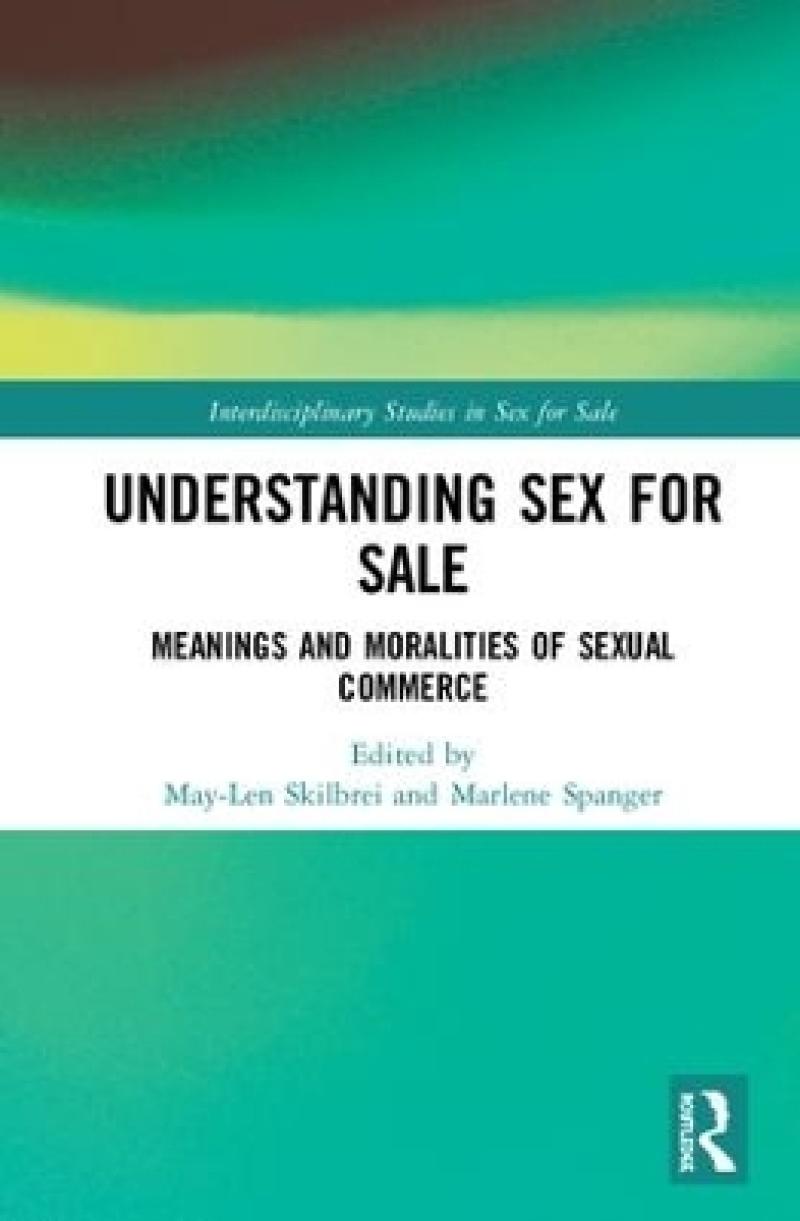Produktdetaljer
Biographical note
May-Len Skilbrei is Professor in Criminology at the University of Oslo, Norway. She works within the fields of criminology, gender studies, and sociology of law, and does research on the formulation and implementation of legislation and welfare policies on commercial sex and human trafficking nationally and regionally (the Nordic region), as well as on criminal justice approaches to sexual violence. She has published broadly on these topics.
Marlene Spanger is Associate Professor at the Department of Culture and Global Studies at Aalborg University, Denmark. Spanger’s research fields include ethnographic fieldwork and discursive formations within the policy fields of prostitution and human trafficking, transnational intimacies and migration with a special attention to gender, sexual and racial issues.
